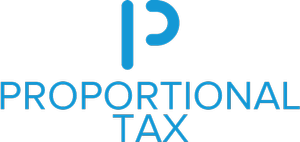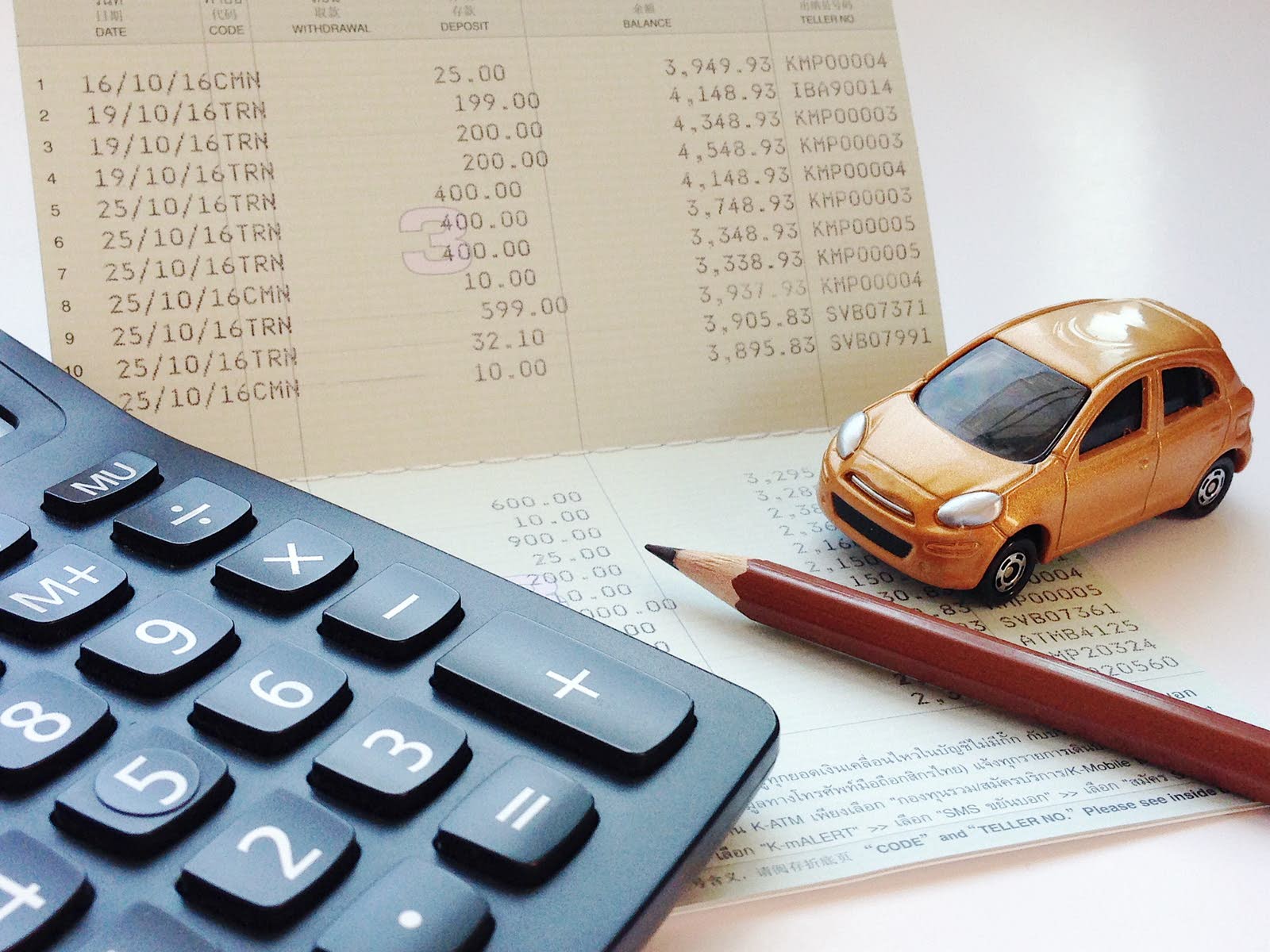The personal income tax is an annual fee that a person must pay to the government based on their net income. This is defined as the amount of revenue that an individual has earned minus any allowed deductions. In the US, this tax relates to the government as a whole. It is measured as a percentage of GDP and the total taxation. In the UK, the personal allowance is £500. However, if you’re self-employed or unmarried, it may be as low as £260 per week.
Personal income tax revenues help fund programs for the welfare system, road construction, national defense, and national defense. While employed people have income taxes deducted from their paychecks, self-employed people must pay estimated taxes throughout the year. You can read more about filing your personal income tax on FindLaw.com or try filling out a free online tax form to find out more. If you’re unsure about any aspect of filing a return, the site contains several articles on this topic.
In addition to filing an income tax return each year, you’ll also have to file an annual income tax return. The IRS will calculate the difference between your total income and the taxes you paid. If you paid more than you owed, you’ll get a refund. If you made less, you’ll owe the rest. This is the most common problem facing taxpayers. To fix this problem, you need to know your actual tax liability.
You need to pay the personal income tax every year. The IRS will then calculate the amount that you owe compared to the amount you paid. If you paid more than the law requires, you’ll receive a refund, but if you paid less than the law allows, you’ll owe the remaining amount. There is no need to panic. If you have been paying your tax, the IRS will help you with the process. If you pay the correct amount, your refund will be quicker.
If you’re not sure if you owe the personal income tax, don’t worry. In most cases, you will be able to save a portion of your income in your 401(k) or other investment accounts. If you owe the full amount, you’ll need to pay the balance in the first place. The difference in your income will be calculated by the IRS, but you’ll have to pay the taxes anyway.
If you pay a higher amount than you owe, you will receive a refund. You can also owe the difference if you earn less than the required amount. Your state will decide how much you owe. The difference between your tax payments and your income will determine your refund. If you paid more than you owed, you’ll get a refund. If you owed more than you paid, you may have to pay the remainder.

